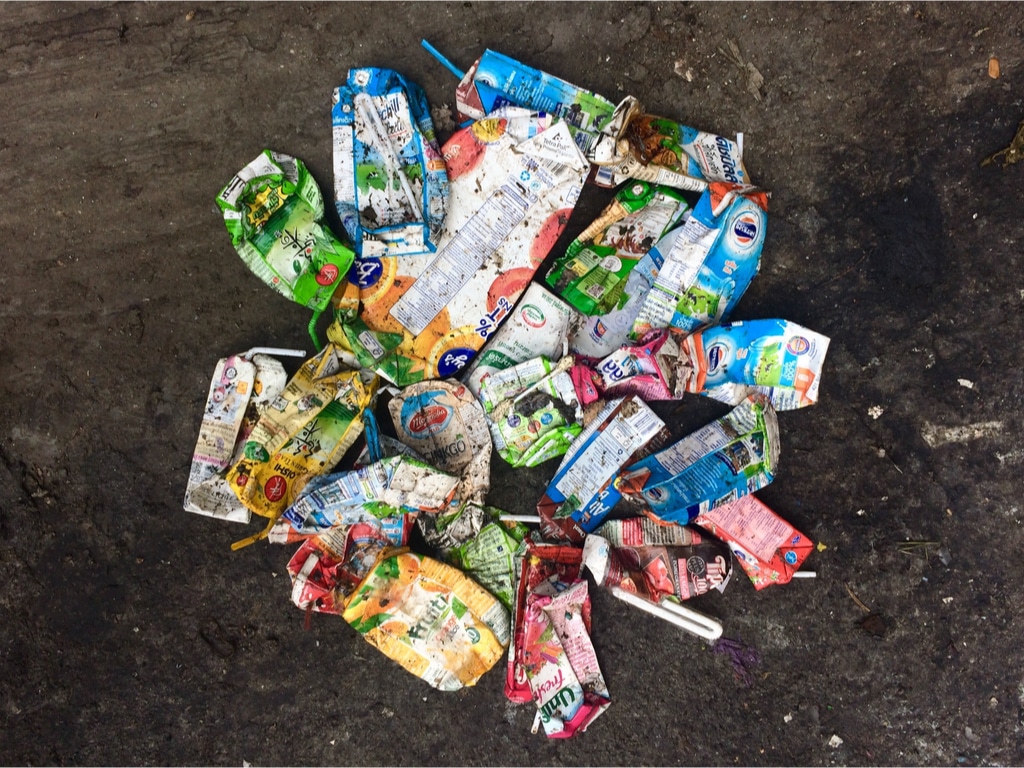The Nigerian company Onward Paper Mill, which specialises in the manufacture and marketing of paper, now wants to use beverage cartons (juice and beer) as raw material. It will benefit from the expertise of Tetra Pak, with whom it has just signed a partnership. “We have helped to increase the number of cardboard recycling facilities worldwide from 40 in 2002 to 170 today,” says Aruna Oshiokamele, managing director of Tetra Pak West Africa.
Currently, Onward Paper Mill uses wood to manufacture its paper, board and other tissue products. Its annual production capacity is 20,000 tonnes. Through its partnership with Tetra Pak, the Nigerian company hopes to increase its production. Onward Paper Mill will thus contribute to the achievement of sustainable development objectives (SDO) in Nigeria by reducing deforestation. According to AARC (Action Alliance for Recycling Beverage Cartons), recycling one tonne of waste beverage cartons saves 17 trees, 1060 litres of oil, 4000 kW of electricity and more than 25 m3 of water.
The used beverage cartons that will be used as raw material in the Onward Paper Mill will come from landfills and other waste disposal sites in Nigeria. They will be recycled at Tetra Pak facilities. “We will conduct awareness campaigns in communities and schools for targeted waste collection, including beverage cartons,” says Kunle Obagun, Executive Resident of Onward Paper Mill.
A difficult product to recycle
According to Véolia, a French company specialising in water and waste treatment, beverage cartons are made up of around 75% cardboard, 20% plastic and 5% aluminium foil. This makes it a difficult product to recycle, but very special. The pulp of beverage cartons offers long, high quality fibres, which can replace primary paper pulp. “More than 70% of our boards are made from long, strong paper fibres that can be recycled several times. Through our network of production facilities, we also supply packaging material to more than 8,800 packaging machines worldwide. Our ambition is to provide packaging that contributes to a low carbon circular economy, without ever compromising on food safety requirements. ”says Tetra Pak.
Inès Magoum
